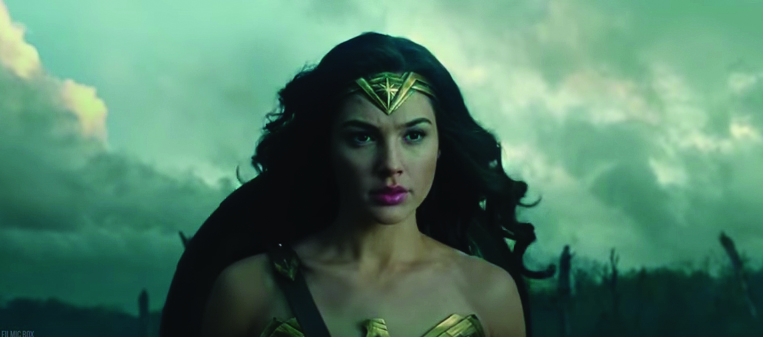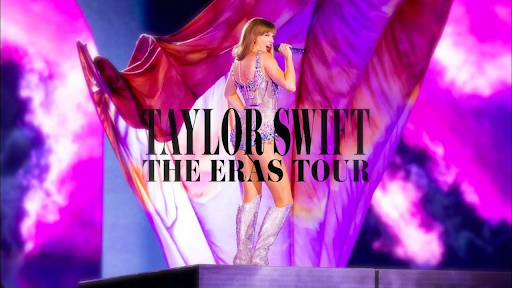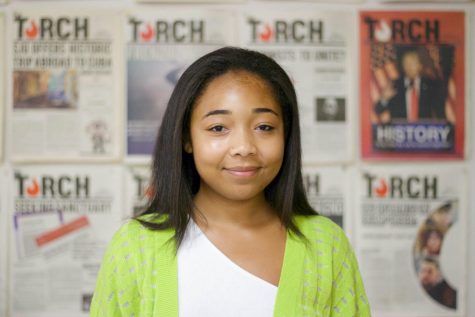When girls see themselves reflected on-screen in superhero films and television shows, they are more likely to gain confidence and envision themselves in leadership roles, a new study by the Women’s Media Center and BBC America confirms.
The study “Superpowering Girls,” which has been studying female representation in media and culture for years, released their findings on Oct. 8, finding that young girls are more likely to face a confidence gap than boys in early development. Better on-screen representation, however, can help close that gap inspiring girls to see themselves as leaders and heroes.
According to the survey that was taken by 2,431 male and female participants between ages five and 19 last summer, teenage girls are less likely than boys to describe themselves as “confident,” “brave” and “listened to.” Nearly two-thirds of girls between the ages of 10 and 19 said that they don’t see enough “female role models,” “strong female characters” or “relatable female characters” in film and television. A majority of the girls in the study also claimed that female characters with strong leadership roles help them to self-identify with being “strong,” “brave,” “confident” and “motivated.” Parents of both boys and girls also expressed their desire to see more female characters in leadership roles on-screen.
“There’s something sort of elemental to sci-fi [and] fantasy, magic storytelling that just feels really resonant as girls and boys are forming their ideas of who they can be,” Sarah Barnett, general manager and president of BBC America, told The Hollywood Reporter. “I think ultimately the role of a superhero is an expression of power that is very important in shaping boys’ and girls’ ideas of who gets to inhabit the power situation.”
There have only been a few women in recent lead superhero roles, including Gal Gadot, who became the first woman to take on a Hollywood superhero franchise in DC Comics’ “Wonder Woman.” Also, director Ava DuVernay’s recent Disney adaptation of the classic “A Wrinkle in Time” featured a young black actress, Storm Reid, as the lead role.
BBC America, who supported the Women’s Media Center study, also recently debuted its newest iteration of “Doctor Who,” which for the first time in its 55 years features an actress, Jodie Whittaker, as its lead star. In March, Marvel Studios is also set to release its first female-led solo movie “Captain Marvel,” which will star Brie Larson in the titular role.
“If you can’t see her, you can’t be her. It’s time to expand what gets seen,” Barnett said in a statement.
The minds behind the “Superpowering Girls” study are pushing the need for more on-screen representation because they believe that these films and shows can inspire girls who are struggling with confidence to feel that they can do anything they put their minds to — just as the women do on their screens.










